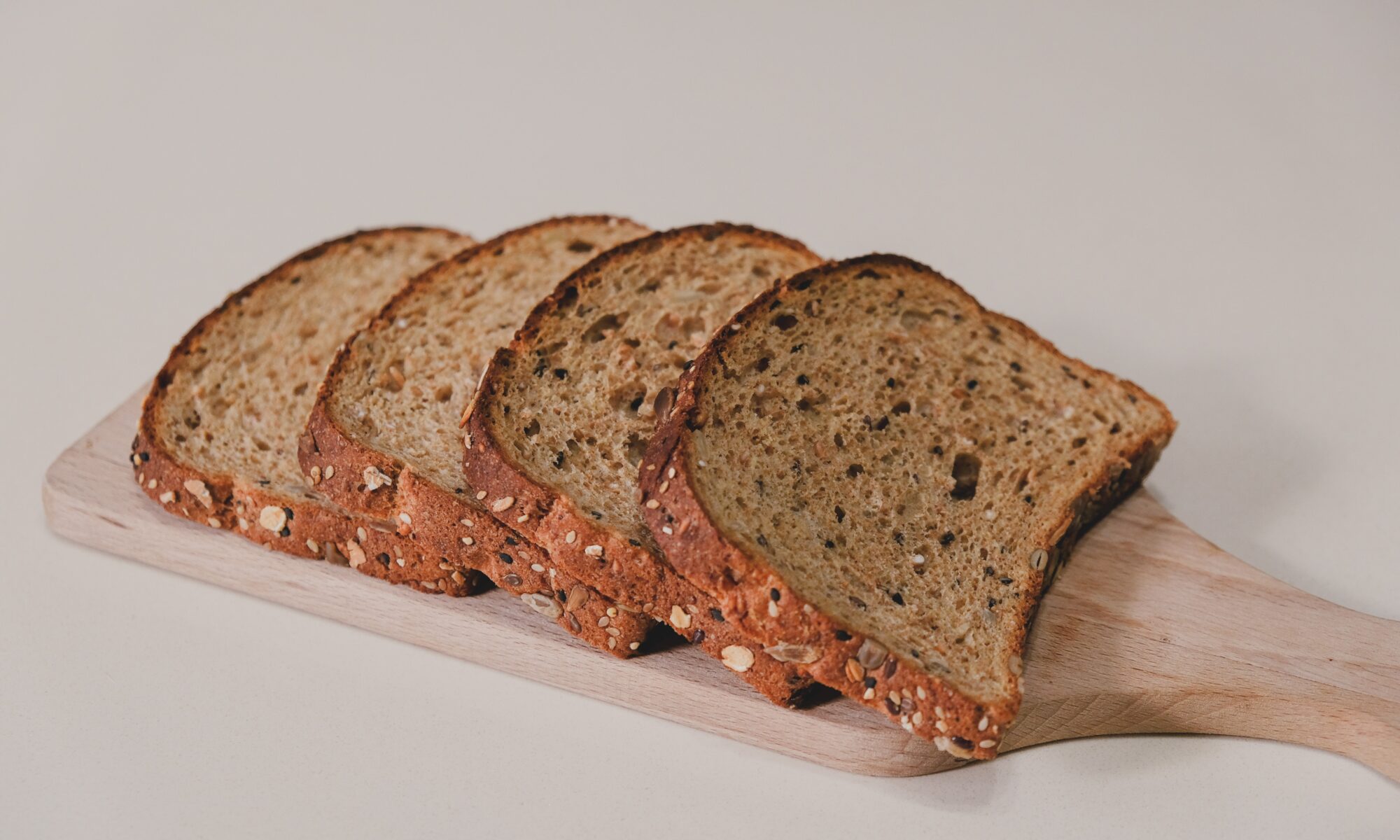For many people, weight loss is a challenge. Sure, it’s easy to drop a few pounds on a crash diet—but as you’ve likely discovered, this type of weight loss rarely lasts. Many people end up in a seemingly endless cycle of dieting/regaining weight/and dieting again. The side effect of this approach is that each time you diet, you lose muscle; and each time you regain weight, the muscle you lost is replaced with fat.
Developing A Healthy Relationship With Food
The first step in having a healthy relationship with food begins with your spirit, which connects with your mind (intelligence), emotions, and physical self. It’s important to consider your cultural heritage when choosing a diet, and to pay attention to choosing foods that are balanced and appealing in taste, smell, color, and texture. It’s essential to also consider the source; in other words, to choose fresh and wholesome foods from the earth, prepared with love and consumed with the intent to deeply nourish.



